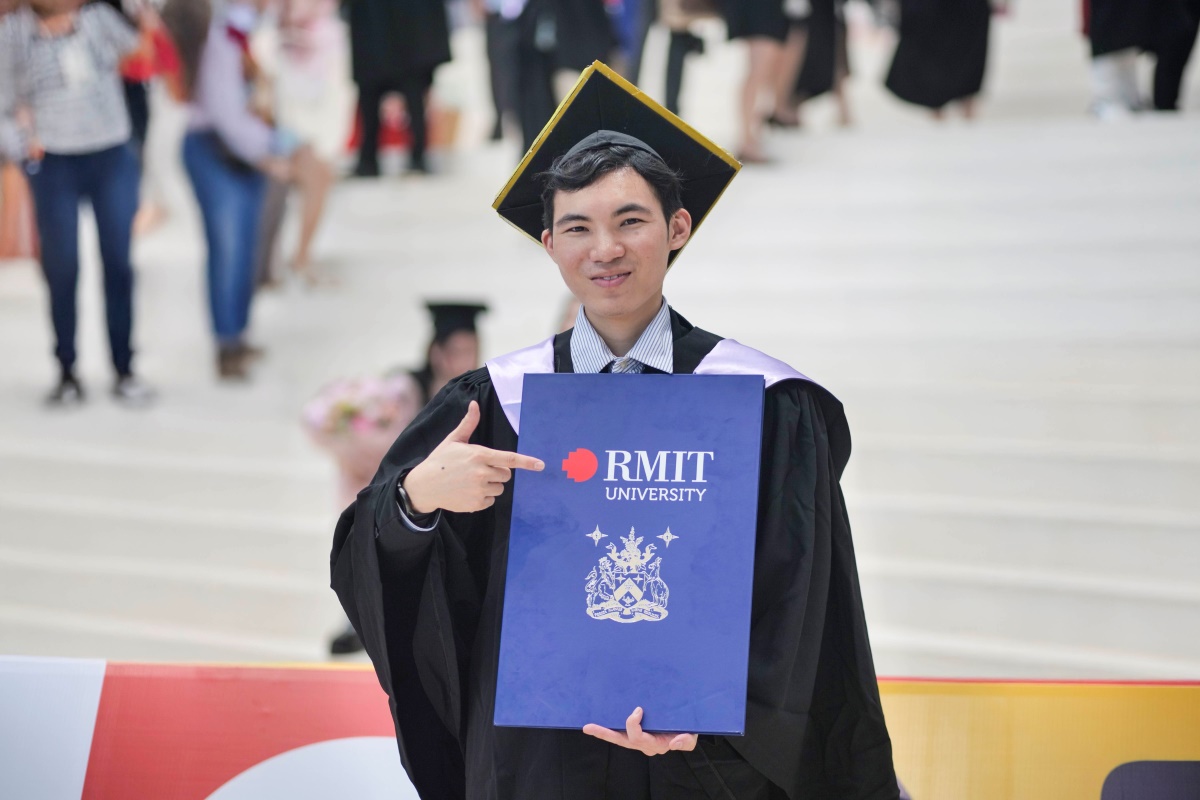According to the research team, sharing of health-related information on social media has been popular for years. However, during a health crisis like COVID-19, the problem of misinformation has soared significantly, which required further efforts to identify the underlying motivations behind the sharing activities.
Based on the survey data of 326 participants, the researchers found that prosocial sharing is affected by protecting factors (i.e. sharing efficacy, response efficacy) and helping factors (i.e. reciprocity expectation).
Moreover, both perceived health risk and perceived information quality risk were found to influence the sharing intention via motivational factors.
Mr Long elaborated: “Online users were likely to share information on social media with the expectation of getting reciprocal information and support from others.”
“The sharing intention was also affected by fear-based factors, which means online users appeared to evaluate the crisis risks and the effectiveness of the sharing activities before taking the sharing action,” he said.
Dr Hoang Ai Phuong highlighted that while most other studies have focused on the motivations of sharing misinformation, their study put efforts on the motivations of pro-social information sharing.
“The identification of the motivational factors can provide suggestions for health communicators to promote online users’ prosocial sharing of health-related information, which will help enhance disease awareness and reduce health risks during a health crisis,” she said.
“Our findings can help both regular online users and health communicators adjust their sharing activities and consequently, reduce the misinformation problem.”
Furthermore, the research team noted that information problems might vary throughout a health crisis. For example, there can be an information shortage in the early stages, but information overload in the later stages.
Dr Phuong said: “Understanding the sharing motivation can help provide appropriate incentive or restrictive policies to harmonise the information volume across the crisis stages, and reduce the problems of misinformation and information overload.”
Previously, RMIT University researchers won the Best Paper Award (1st Runner-Up) at ACIS 2020 for a study on digital transformation conducted in collaboration with FPT Software.
Story: Ngoc Hoang





